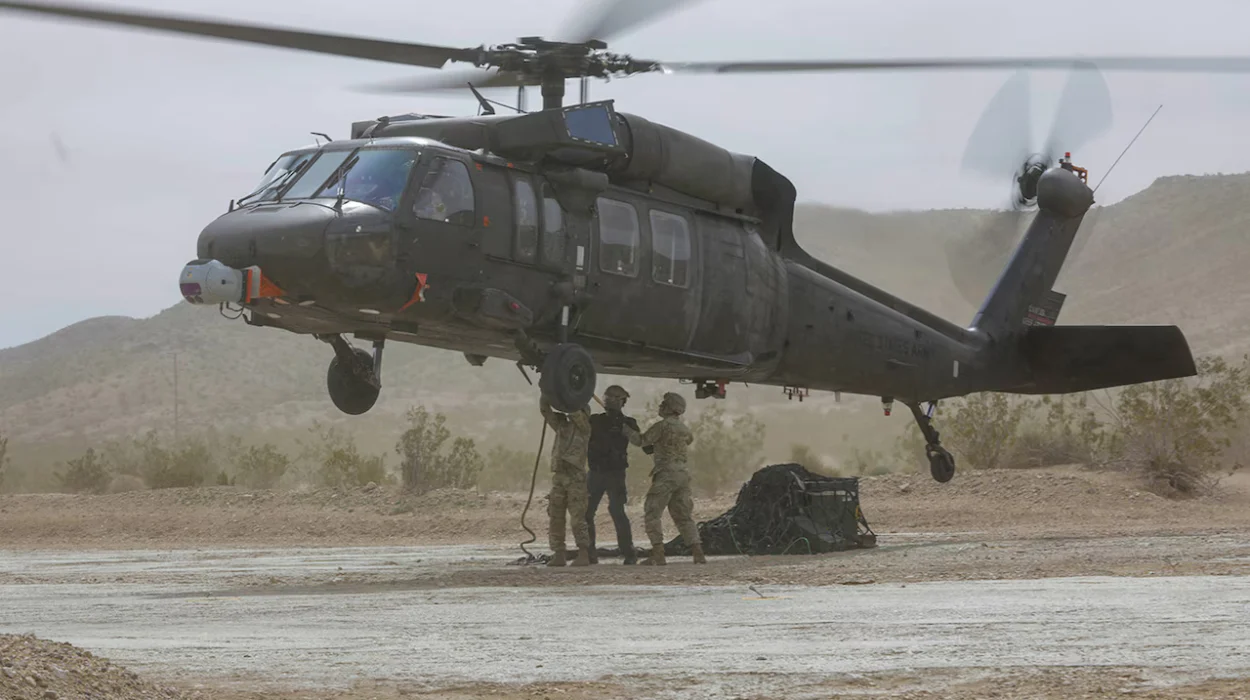US (Transatlantic Today) — In a recent House Armed Services Committee hearing, defense experts outlined the U.S. Department of Defense’s (DoD) security priorities, focusing on homeland defense and hemispheric stability. Rebecca Zimmerman, performing the duties of assistant secretary of defense for homeland defense and hemispheric affairs, emphasized the increasing threats from China, Russia, Iran, North Korea, and transnational criminal organizations.
Zimmerman highlighted that the 2022 National Defense Strategy prioritizes defending the U.S. homeland against multidomain threats, with an expanding missile and nuclear threat from North Korea and Iran’s advancements in space-launched technologies. She also stressed the growing risks posed by emerging technologies, like uncrewed aircraft systems, which could disrupt domestic security.
While discussing homeland defense, Zimmerman pointed to the Department of Defense’s (DoD) recent updates to its homeland defense policy, designed to address evolving global security dynamics. These updates focus on deterrence strategies and ensuring wartime continuity in the face of increasing geopolitical tensions.
The U.S. military continues to support domestic and international operations, from disaster response to border security. Zimmerman noted the ongoing deployment of 2,500–3,000 personnel at the U.S.-Mexico border, assisting U.S. Customs and Border Protection in managing migration and security challenges.
In the Western Hemisphere, the U.S. has deepened security partnerships with key allies like Canada, Mexico, Brazil, and Colombia. These partnerships aim to reduce security threats by promoting stability, democracy, and human rights across the region. On Feb. 22, Secretary of Defense Lloyd Austin participated in the 5th North American Defense Ministerial with counterparts from Mexico and Canada, discussing joint defense cooperation.
General Laura Richardson, commander of U.S. Southern Command, echoed these sentiments, highlighting the importance of strengthening defense relationships across Latin America and the Caribbean. She emphasized the growing threats from adversaries, criminals, and emerging technologies, which require unified action from regional democracies.
Meanwhile, General Gregory Guillot, commander of U.S. Northern Command, warned about the rising influence of transnational criminal organizations in Mexico, which challenge the rule of law and provide openings for adversaries. He also pointed out the risks posed by small unmanned aerial systems (sUAS) near U.S. military installations, which could be exploited for illicit purposes or attacks on critical infrastructure.
As the U.S. navigates these complex security challenges, military leaders continue to prioritize partnerships, technology, and readiness to ensure the defense of the homeland and regional stability in the face of growing threats.


























